Forex trading, also known as foreign exchange trading or currency trading, is the decentralized global marketplace where currencies are bought and sold. It involves the buying of one currency while simultaneously selling another. The goal of Forex trading is to profit from fluctuations in exchange rates between currency pairs. These rates are influenced by various economic, political, and social factors, making Forex trading a dynamic and exciting venture.
2. Why Trade Forex?
Forex trading offers numerous advantages for individuals looking to invest their money and generate income. Some of the key reasons why forex trading is popular among investors include:
Liquidity: With a daily trading volume of over $6 trillion, the forex market is the most liquid market in the world. This means that traders can easily enter and exit positions at any time, ensuring they can take advantage of profitable opportunities.
Accessibility: Forex trading is accessible to anyone with an internet connection and a trading account. You don't need a large amount of capital to get started, and the market is open 24 hours a day, five days a week, allowing traders to participate at their convenience.
Potential for Profit: Forex trading allows traders to profit from both rising and falling markets. By taking advantage of leverage, traders can amplify their potential returns, increasing their profitability.
3. The Basics of Forex Trading
To understand forex trading, it's important to familiarize yourself with the following key concepts:
3.1 Currency Pairs
In forex trading, currencies are always traded in pairs. The first currency in the pair is called the base currency, while the second currency is known as the quote currency. For example, in the EUR/USD pair, the euro is the base currency, and the U.S. dollar is the quote currency. Understanding currency pairs is essential as they form the basis for all forex trades.
3.2 Exchange Rates
Exchange rates determine the value of one currency relative to another. These rates fluctuate constantly due to various factors such as economic indicators, geopolitical events, and market sentiment. Traders analyze exchange rates to identify potential trading opportunities and make informed trading decisions.
3.3 Market Participants
The forex market consists of various participants, including banks, financial institutions, corporations, governments, and individual traders. Each participant plays a different role in the market, and their actions collectively influence currency prices. Understanding the behavior of market participants is crucial for successful forex trading.
4. Getting Started
Before you can start trading forex, there are a few essential steps to follow:
4.1 Choosing a Broker
Selecting a reliable and reputable forex broker is crucial for your trading journey. Look for a broker that offers competitive spreads, a user-friendly trading platform, robust security measures, and excellent customer support.
4.2 Opening an Account
Once you've chosen a broker, you'll need to open a trading account. This process typically involves providing some personal information, verifying your identity, and funding your account. Ensure you understand the account types and choose the one that best suits your trading goals and risk tolerance.
5. Understanding Market Analysis
Successful forex trading requires a solid understanding of market analysis. There are two primary methods of analyzing the forex market:
5.1 Fundamental Analysis
Fundamental analysis involves assessing economic indicators, such as interest rates, inflation rates, and employment data, to gauge the health of a country's economy. Traders use this information to anticipate currency movements and make informed trading decisions.
5.2 Technical Analysis
Technical analysis involves studying historical price data, chart patterns, and technical indicators to identify potential trends and price patterns. Traders use these tools to analyze past market behavior and predict future price movements.
6. Developing a Trading Strategy
To trade forex successfully, it's essential to develop a well-defined trading strategy. Consider the following key aspects when creating your trading plan:
6.1 Setting Goals
Set clear and realistic trading goals. Define your risk tolerance, desired return on investment, and the time frame you are willing to dedicate to trading. Having well-defined goals will help you stay focused and make consistent trading decisions.
6.2 Risk Management
Implement proper risk management techniques to protect your trading capital. This includes using stop-loss orders, diversifying your portfolio, and avoiding excessive leverage. Managing your risk effectively is crucial for long-term trading success.
6.3 Trading Psychology
The psychological aspect of trading is often overlooked but plays a vital role in a trader's success. Mastering your emotions, maintaining discipline, and avoiding impulsive decisions are key to staying on track with your trading strategy.
7. Conclusion
Forex trading can be a rewarding and profitable endeavor for those who are willing to invest the time and effort to learn. By understanding the basics of forex trading, choosing a reputable broker, and developing a solid trading strategy, you can embark on your journey towards financial independence.
What is the minimum amount of capital required to start forex trading?
There is no set minimum amount of capital required to start forex trading. However, it is recommended to have a sufficient amount to cover potential losses and meet margin requirements set by your broker.
Is forex trading risky?
Like any form of investment, forex trading carries risks. However, with proper education, risk management strategies, and discipline, you can minimize the risks and increase your chances of success.
Can I trade forex part-time?
Yes, forex trading can be done on a part-time basis. The flexibility of the market allows traders to participate at their convenience. However, it is important to dedicate enough time to analyze the market and make informed trading decisions.
How long does it take to become a successful forex trader?
The time it takes to become a successful forex trader varies for each individual. It depends on factors such as dedication, learning capacity, and experience. Continuous learning, practice, and adapting to market conditions are key to achieving success.
Can I trade forex with a mobile device?
Yes, most reputable brokers offer mobile trading platforms that allow you to trade forex using your smartphone or tablet. This enables you to monitor the market, execute trades, and manage your positions on the go.
In conclusion, forex trading is an exciting and potentially lucrative venture for beginners. By understanding the basics, choosing a reliable broker, and developing a solid trading strategy, you can navigate the forex market with confidence. Remember to always prioritize risk management and continuous learning to maximize your chances of success. Happy trading!
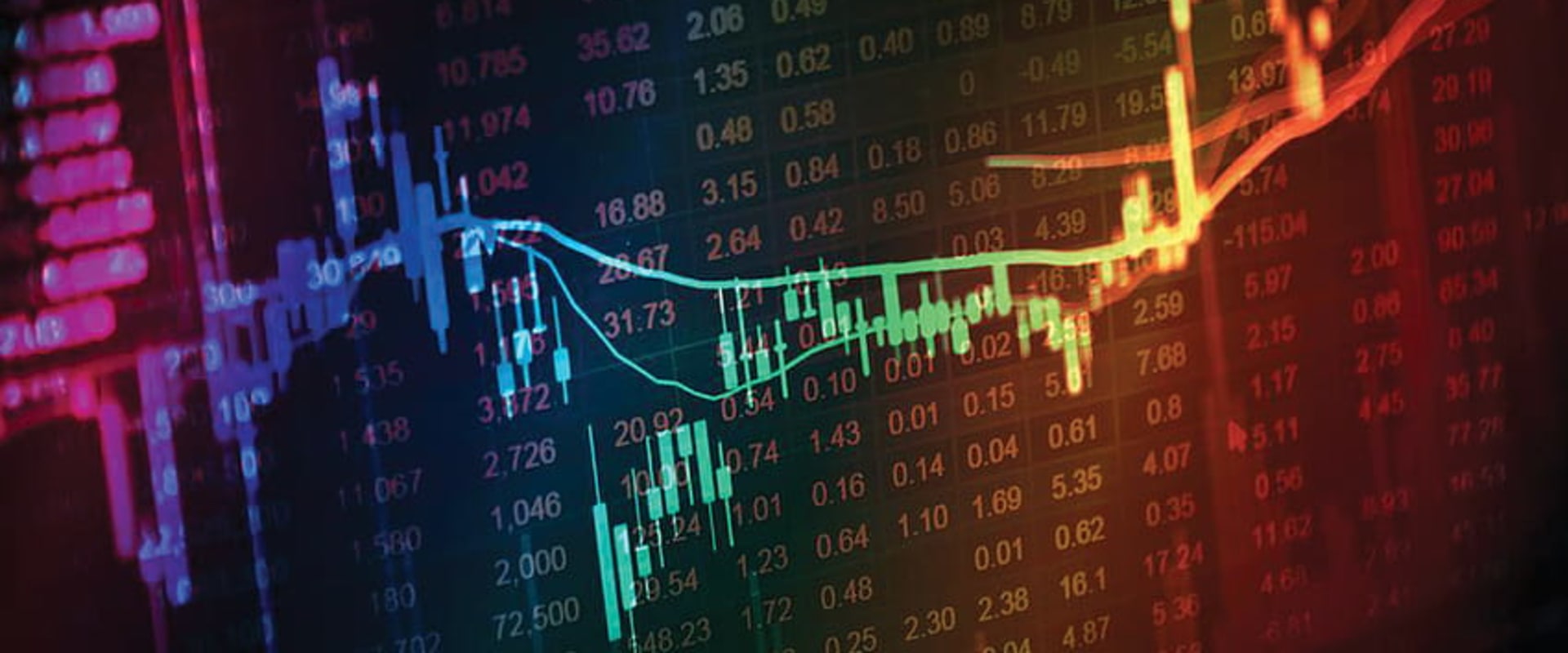
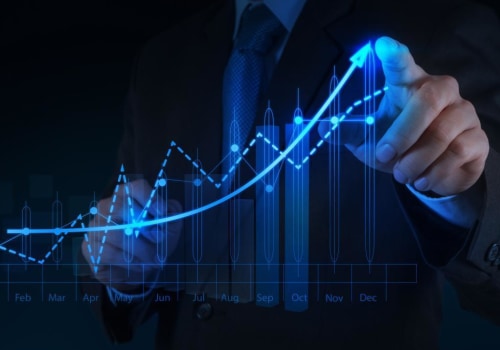
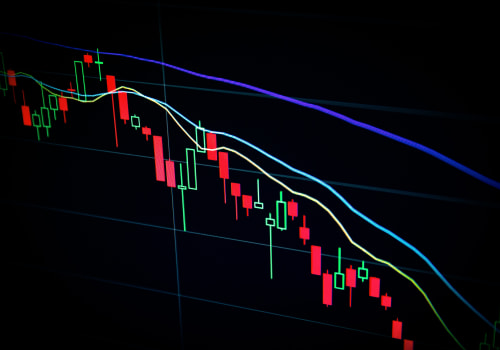

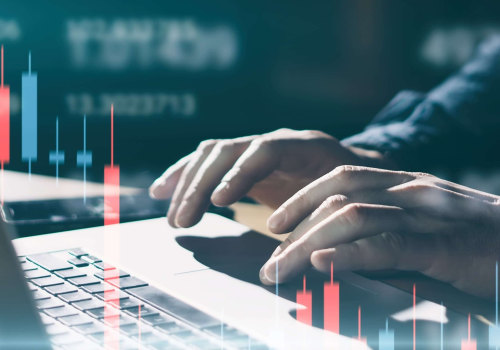
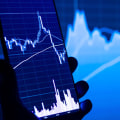
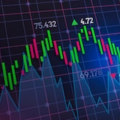



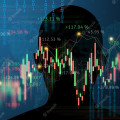

Leave Reply